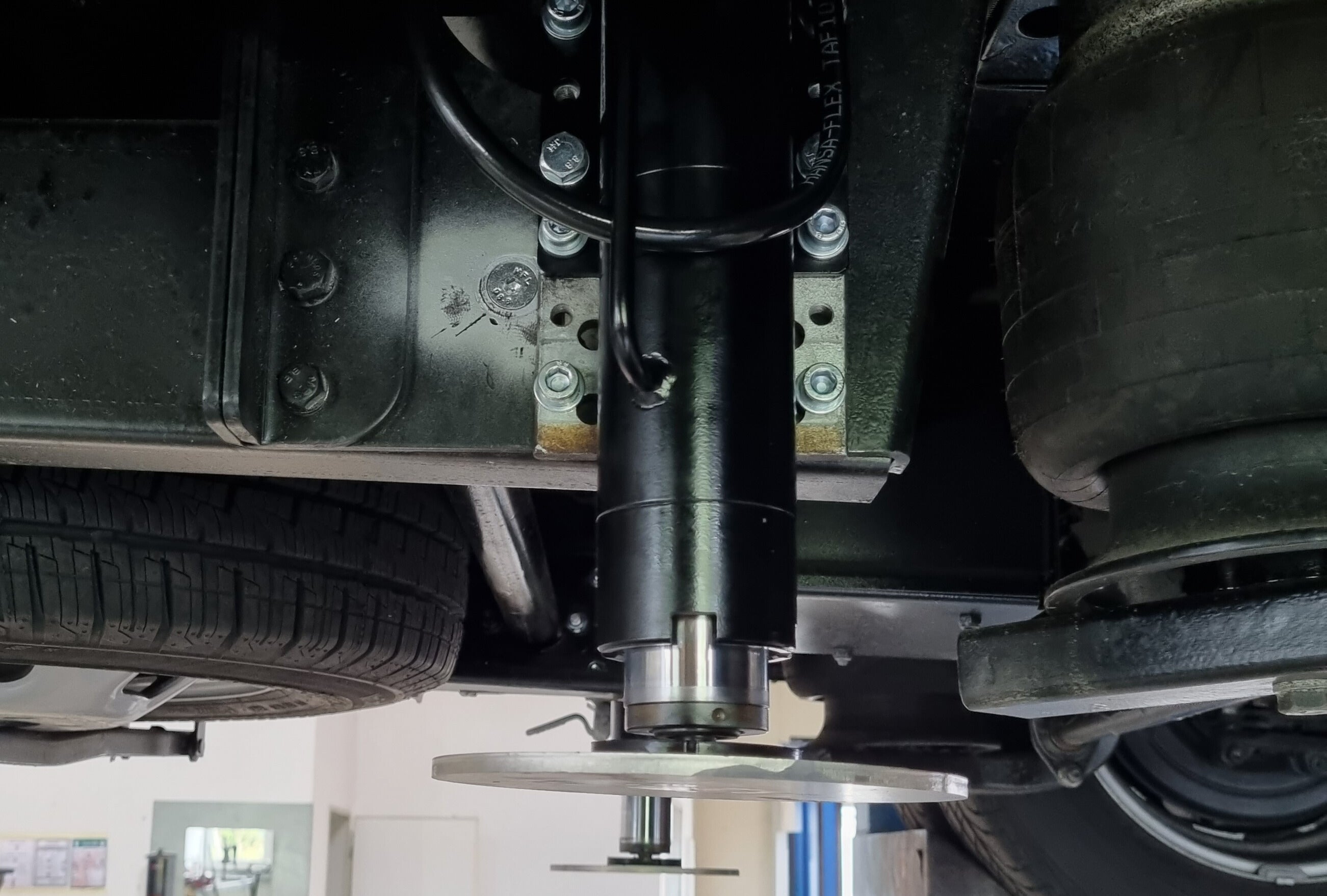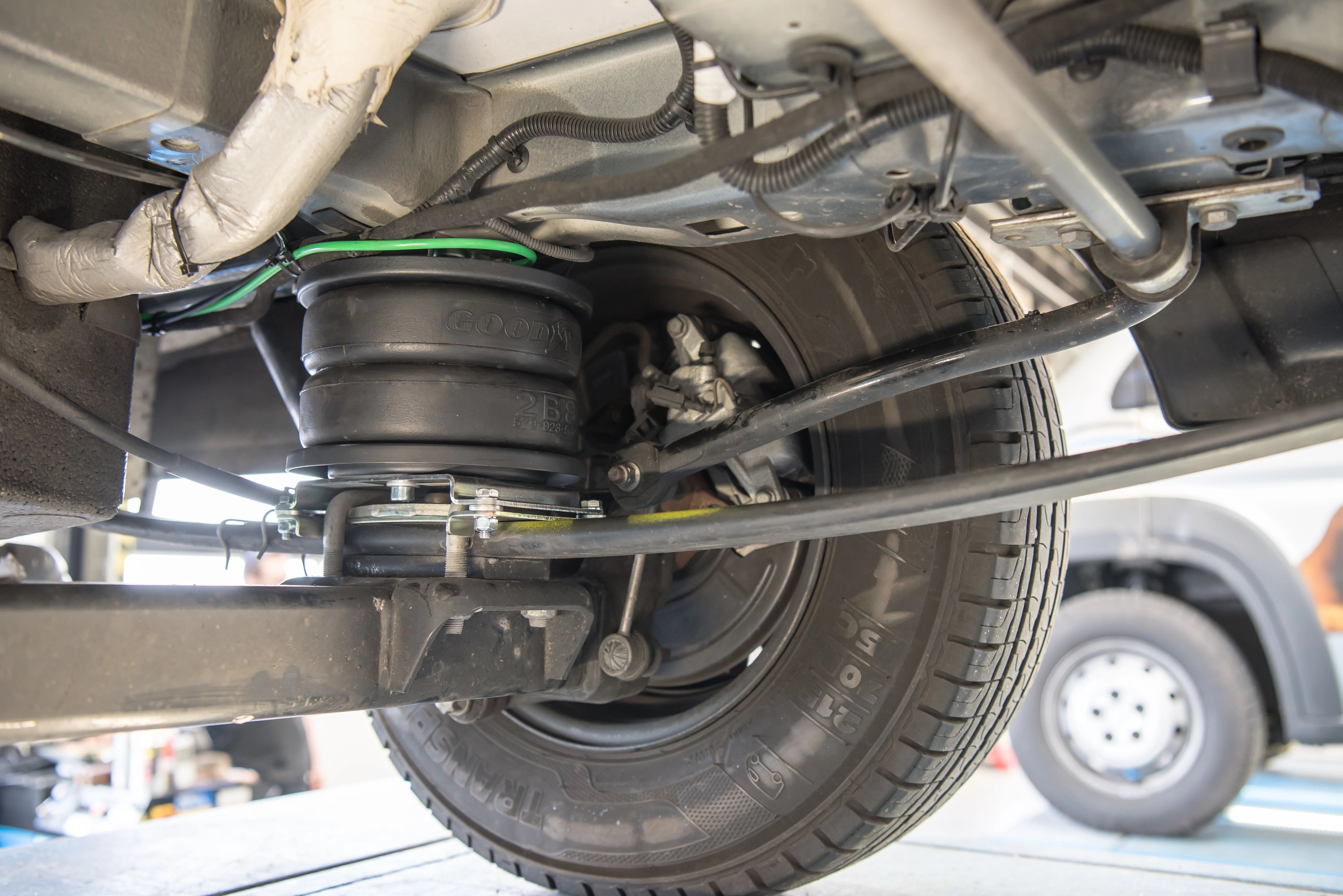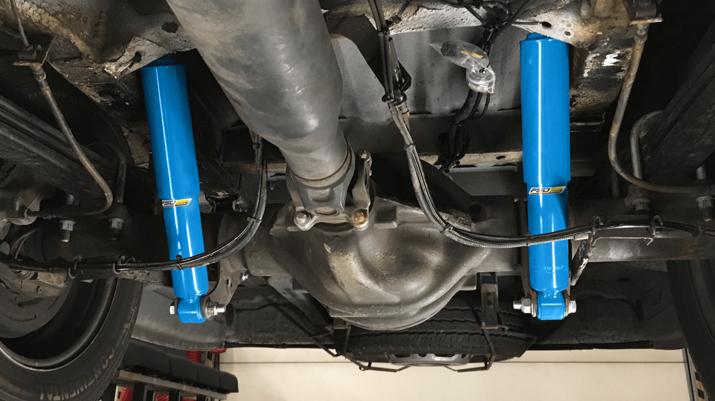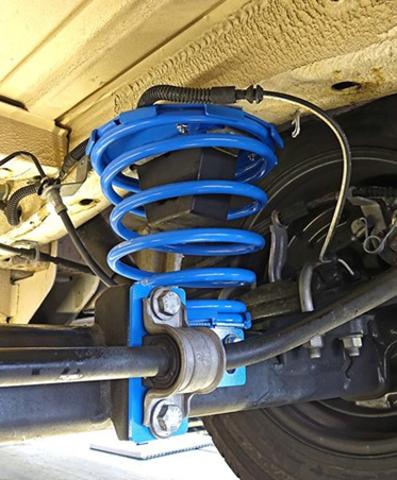There’s something really magical about pulling up somewhere peaceful and remote, stepping outside your van and realising you’re surrounded by nature, no neighbours and no distractions. Wild camping is one of the most exciting and rewarding parts to van life.
What exactly is wild camping and how can you do it legally and safely? Whether you're giving it a go for the first time or just wanting to know what it's about, read on for a simple guide to help you get started!
What is Wild Camping?
Wild camping means staying overnight in a natural non ‘designated’ location, outside of official campsites and motorhome parks. It often means parking up somewhere scenic, weather that's a country road lay-by in the Lake District, a riverbank in the Scottish Highlands or a cliff top spot somewhere in Spain. It's all about ditching the campsite bookings and experiencing nature in a more secluded and remote way, away from all the usual amenities.

What are the benefits of Wild Camping?
- Complete freedom: Your time is yours, no strict check-out times, no crowded campsites and no set route, it gives you the freedom to just get in your van and drive!
- The views: With wild camping, the opportunities are endless. Wake up next to mountains, lakes, forests, the sea or even wild animals! You can really make the most of the beauty our planet has to offer, from the comfort of your van.
- Peace and quiet: When wild camping, you're completely detached from the busy, crowded world. Think.... waking up not to the sound of people but to the sound of birds or waves!
- Cost-effective: If you're travelling on a budget and can only afford the necessities, with wild camping you're avoiding the usual campsite fees.

Is Wild Camping Legal?
Now this is where it can get a little complicated, it purely depends on where you are! So, here's a little guide on where you can and can't wild camp.
- England & Wales: Not technically legal, without landowners permission. However, it can be tolerated in remote areas such as quiet countryside spots and lay-bys, if you're discreet and respectful. In tourist hotspots like The Lake District and Cornwall, we've seen an increase in 'no overnight stays' signs due to increasing restrictions. The only place where it's fully legal to wild camp is Dartmoor National Park.
- Scotland: Wild camping is legal! Due to the Land Reform Act 2003, which gives you the right to access most land for wild camping. This does apply more to tent camping but van wild camping is widely accepted if you follow the Scottish Outdoor Access Code.
- RO Ireland: Wild camping is not officially legal, however it is tolerated in quiet, rural areas, especially along the Wild Atlantic Way route. Although, local councils are cracking down on it in popular locations like Connemara and Dingle.
- France: Wild camping is allowed in some areas, usually in the rural countryside. It is however banned in natural parks and near historic monuments. “Camping-Car” areas are often available in between French towns.
- Spain: Wild camping is technically illegal in Spain, however it is tolerated in some areas like Galicia, if you park responsibly. However, there is strict enforcement, in places like Barcelona and Costa del Sol.
- Portugal: Wild camping was banned in 2021 however you can stay overnight in designated places, if you follow the local rules. Be aware the beaches and national parks are off-limits.
- Germany: Technically wild camping is not allowed but you're allowed to park for one night in public rest areas or lay-bys, only to rest.
- Netherlands: In The Netherlands, it's strictly forbidden to wild camp or sleep in your vehicle outside official sites. It's heavily enforced, even in very rural areas.
- Norway and Sweden: Time for a positive one! Wild camping isn't just legal in Norway and Sweden but it's actually encouraged, thanks to the ''Allemannsretten'' (Everyman's Right). It's one of the most van friendly regions in Europe for true off-grid camping. You can camp on uncultivated land for up to 2 nights in the same spot.
If you're wanting to find out the wild camping laws in other countries, a quick search will do the trick!

Our top tips for Wild Camping
- Arrive late and leave early: An unwritten rule of wild camping. Try not to stay in the same spot all day.
- Don't be flashy: Keep the noise down and avoid bright lights, respectful behaviour goes a long way!
- Get your van levelled: Nature is very rarely flat! Having suspension with a levelling feature (VB-FullAir 4C with AutoLevel) can make a massive difference when your parked on a slope or rocky terrain. It's one of those upgrades that you don't realise you need, until you do!
- Leave no trace: If you've taken it out the van, then put it back in. Don't leave any rubbish behind and ensure there is no damage to the environment around you. Wild camping works best when it stays invisible.
- Check for signs: As we mentioned before, ''No overnight parking signs'' are becoming more and more common, especially in popular areas. To avoid fines, don't avoid them!
Wild camping is one of the best ways to make the most out of your van life. It connects freedom with nature and a sense of adventure. The key to getting it right? Be prepared, be respectful and leave nothing behind...










